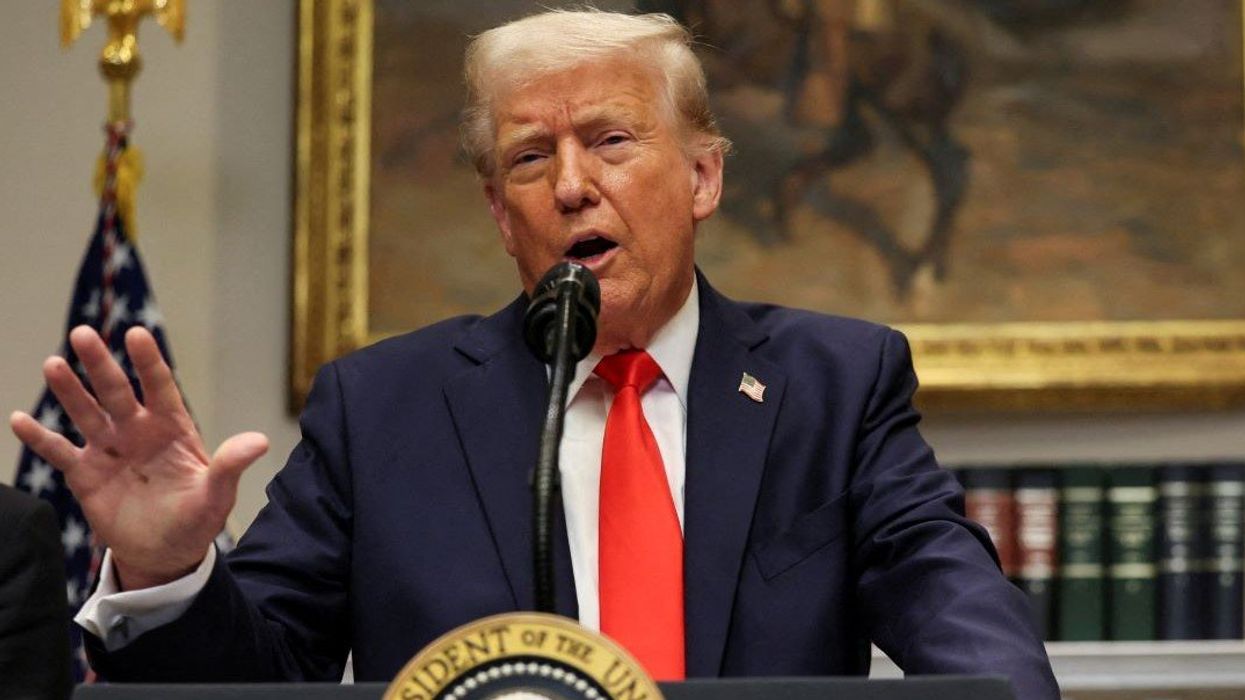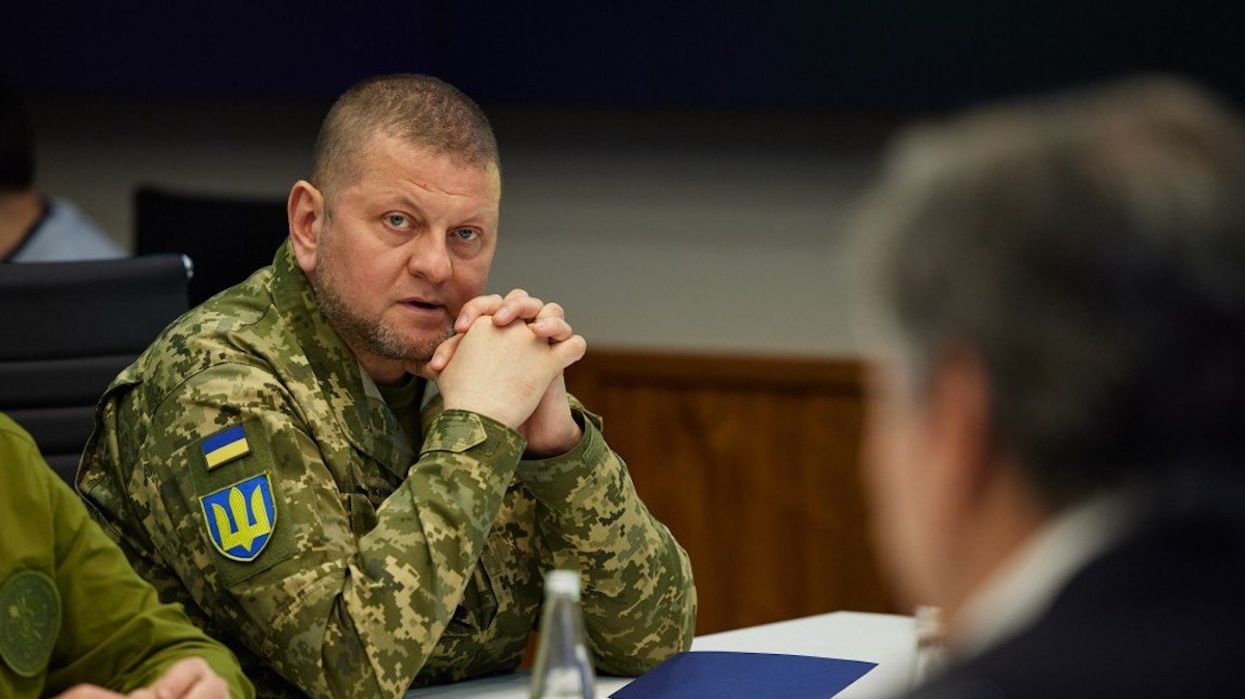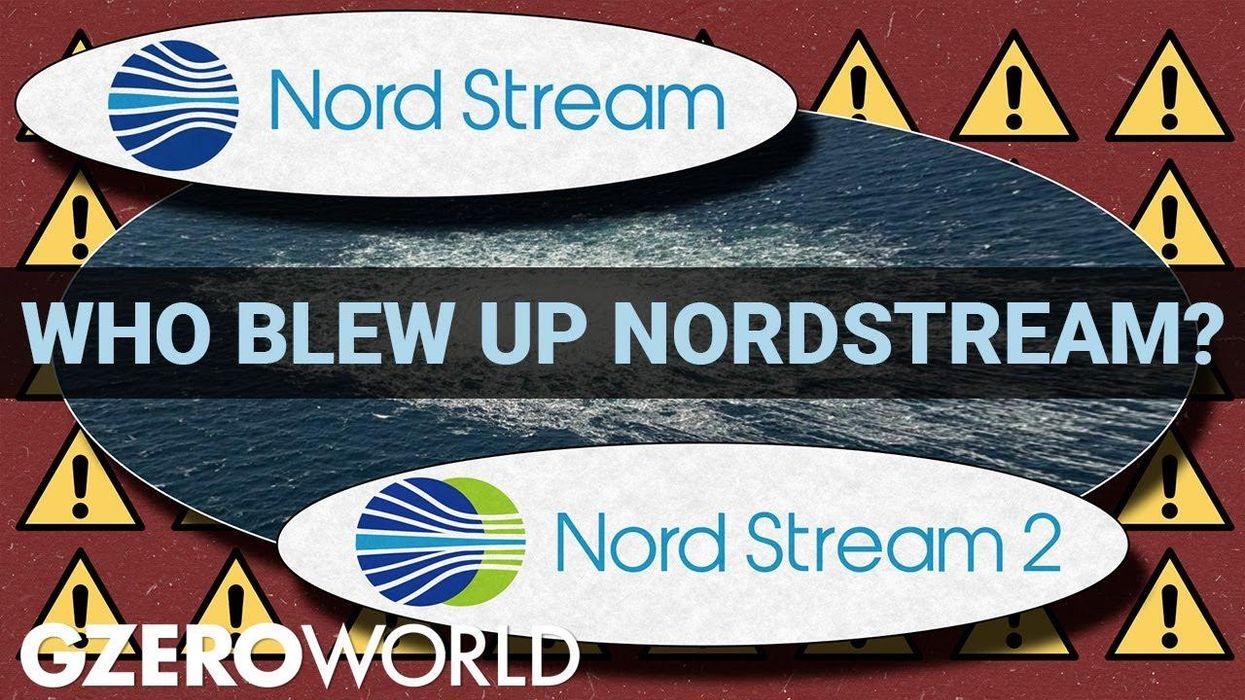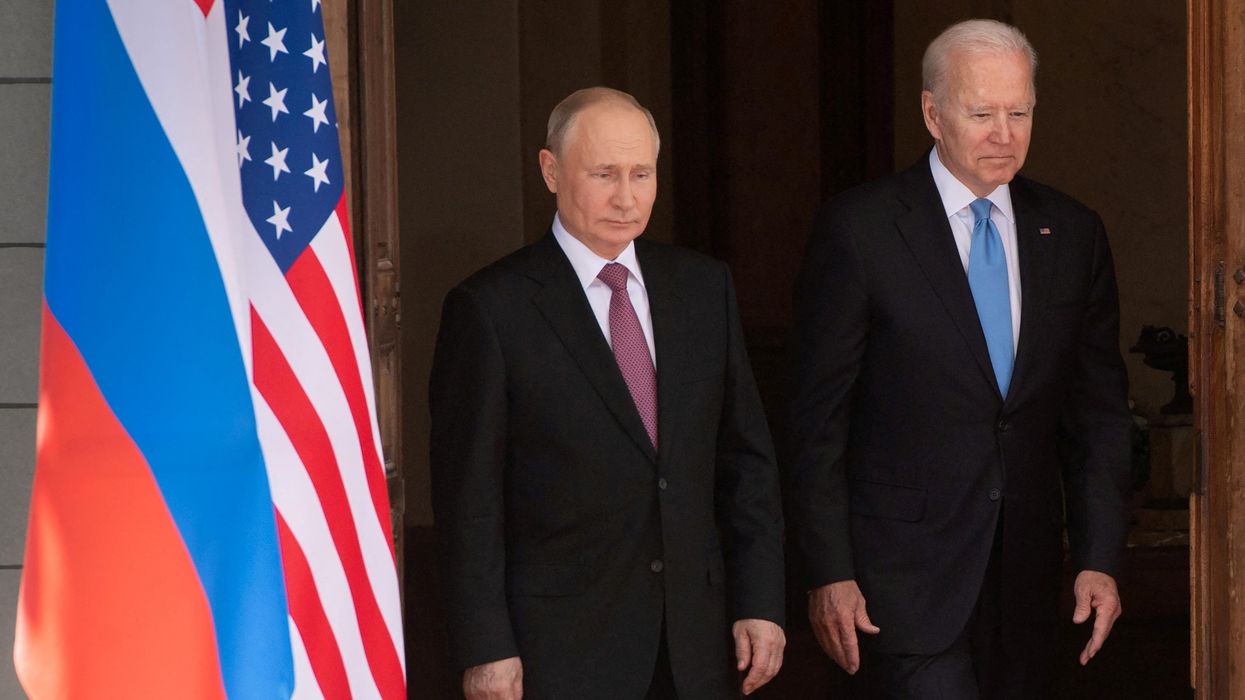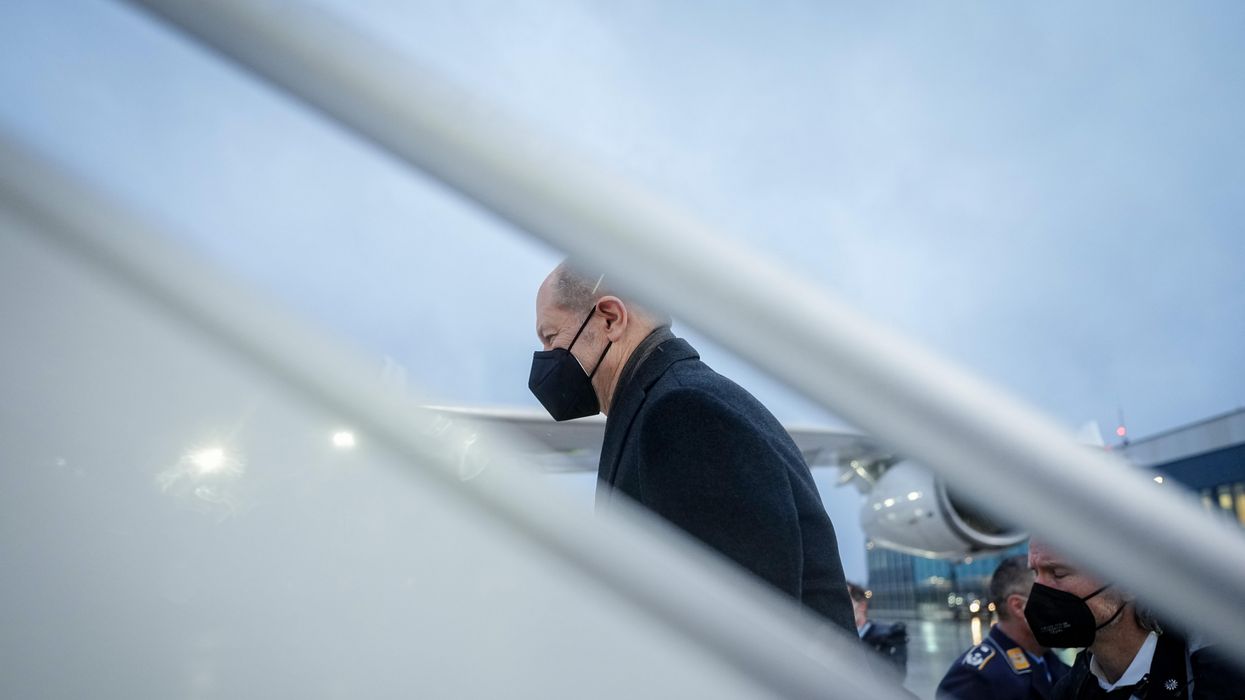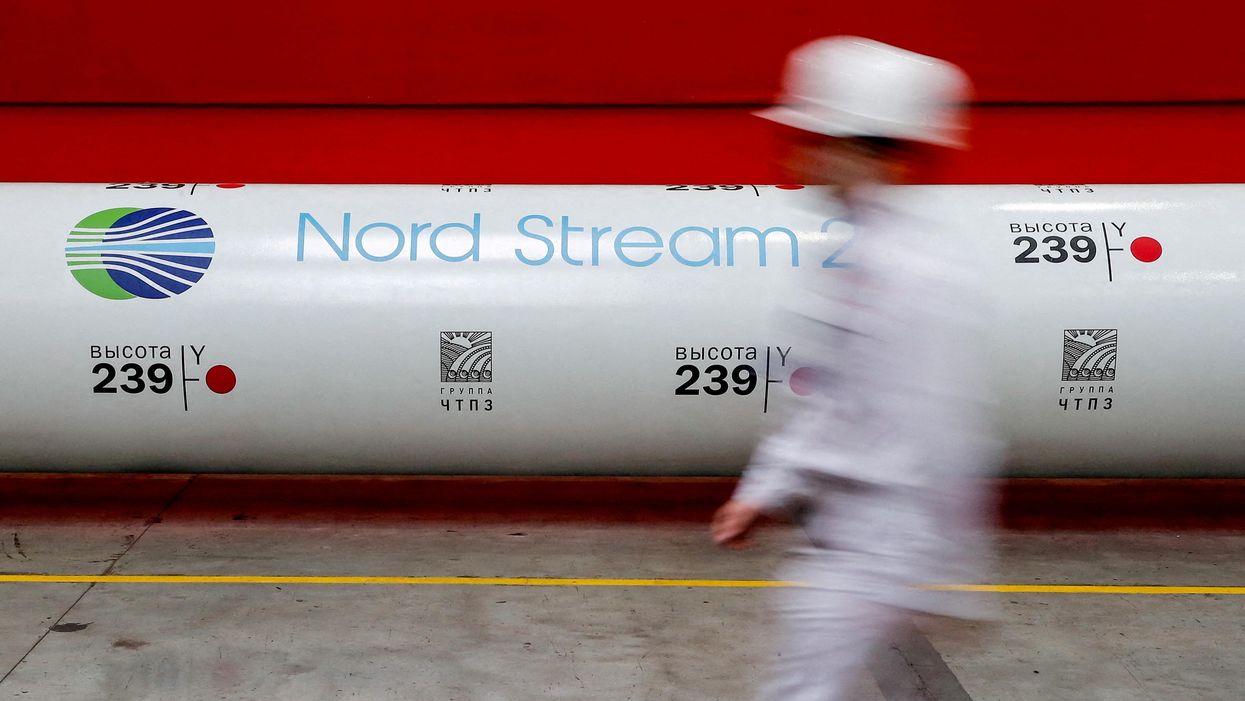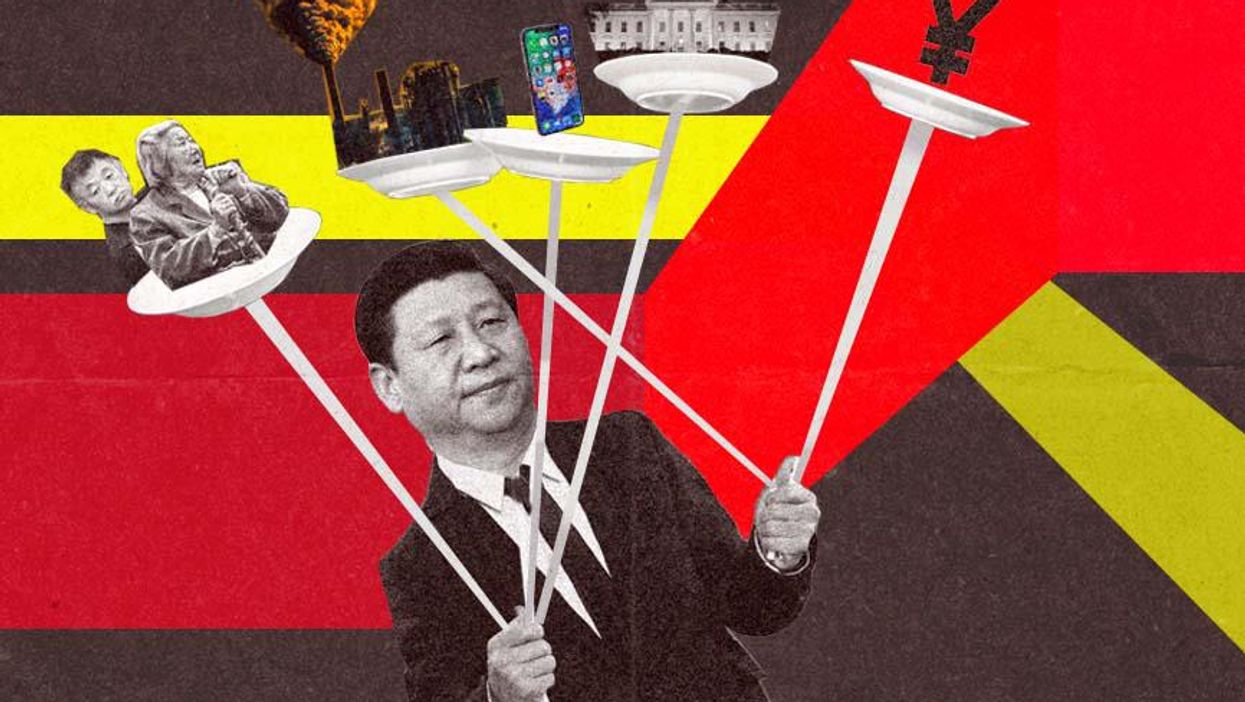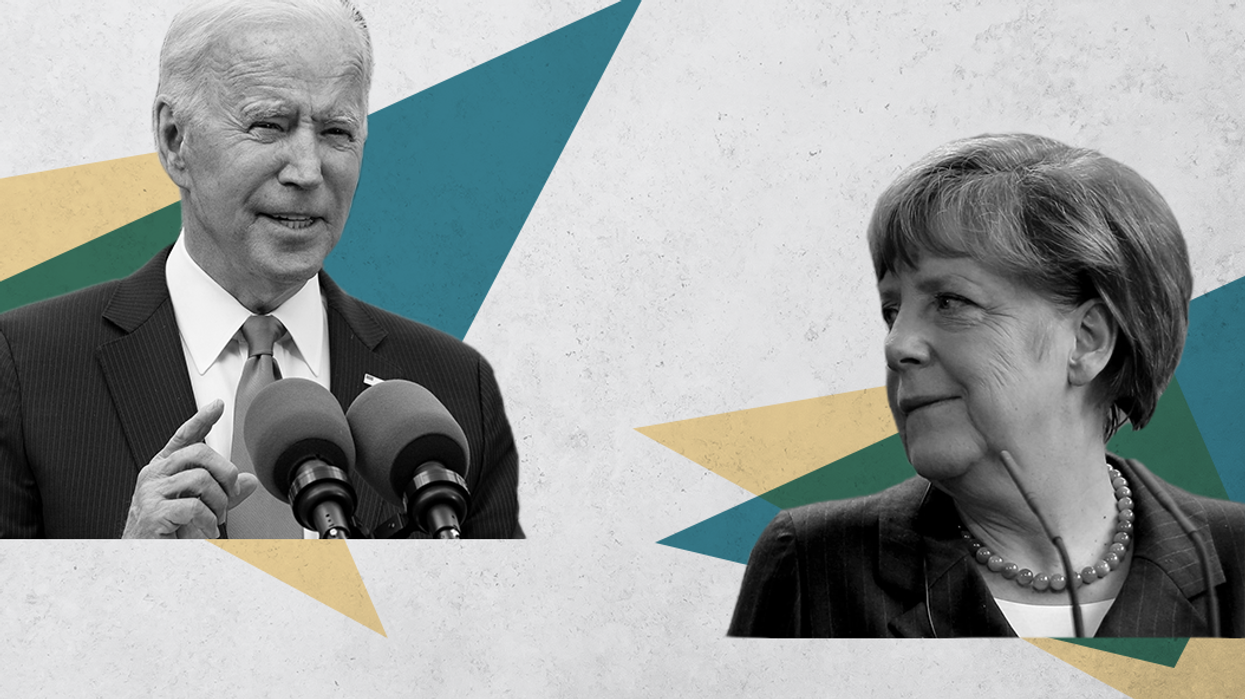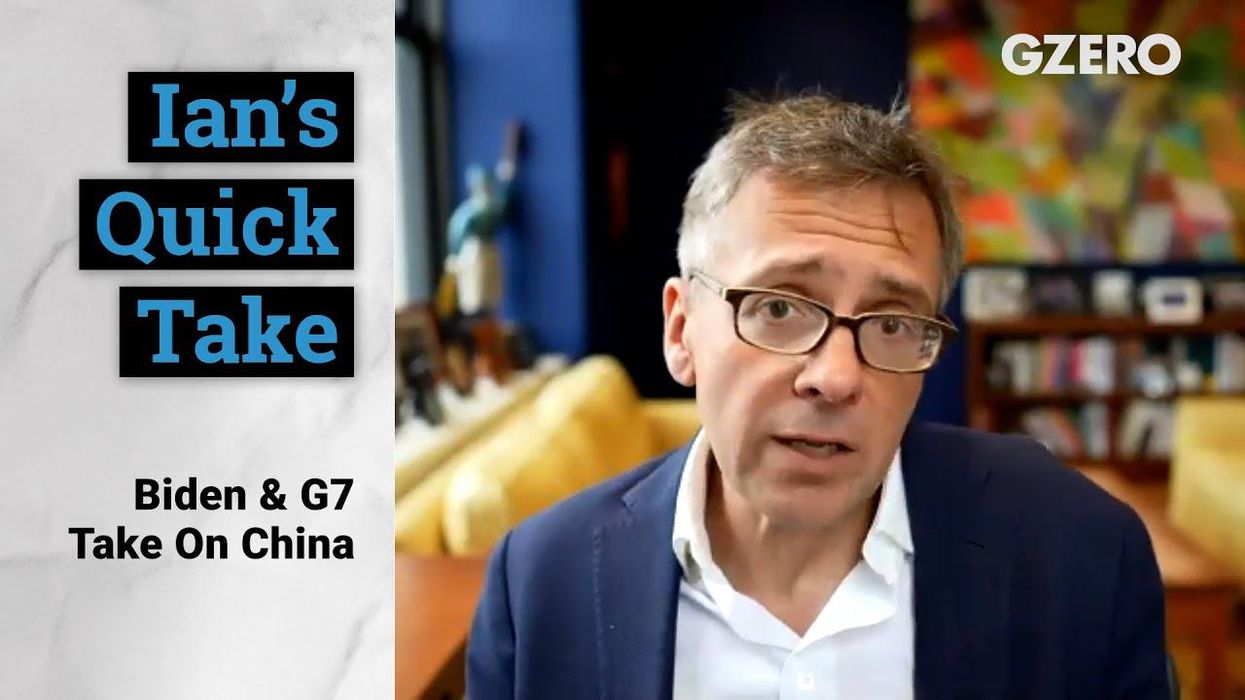What We're Watching
Will Trump make a deal that leaves Europe behind?
Despite European leaders declaring that they will lead a “coalition of the willing” to reach an end to the Ukraine war, the Trump administration seems focused on striking a deal with Russia – regardless of whether it actually ends the conflict, or whether the EU and Ukraine agree to it.
Mar 04, 2025
